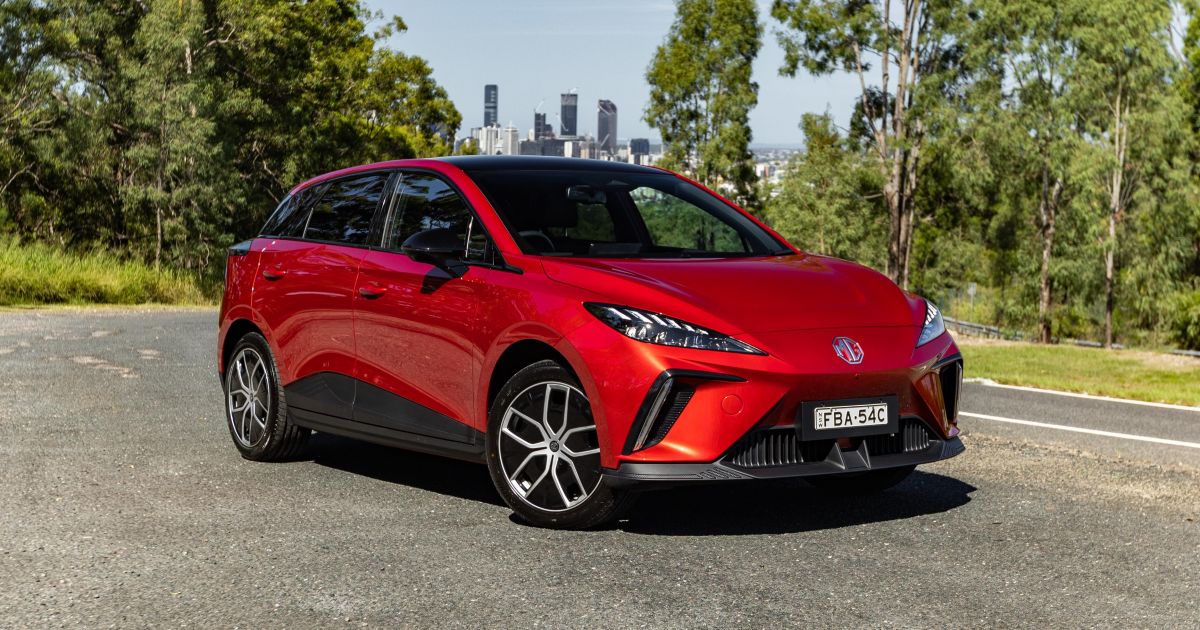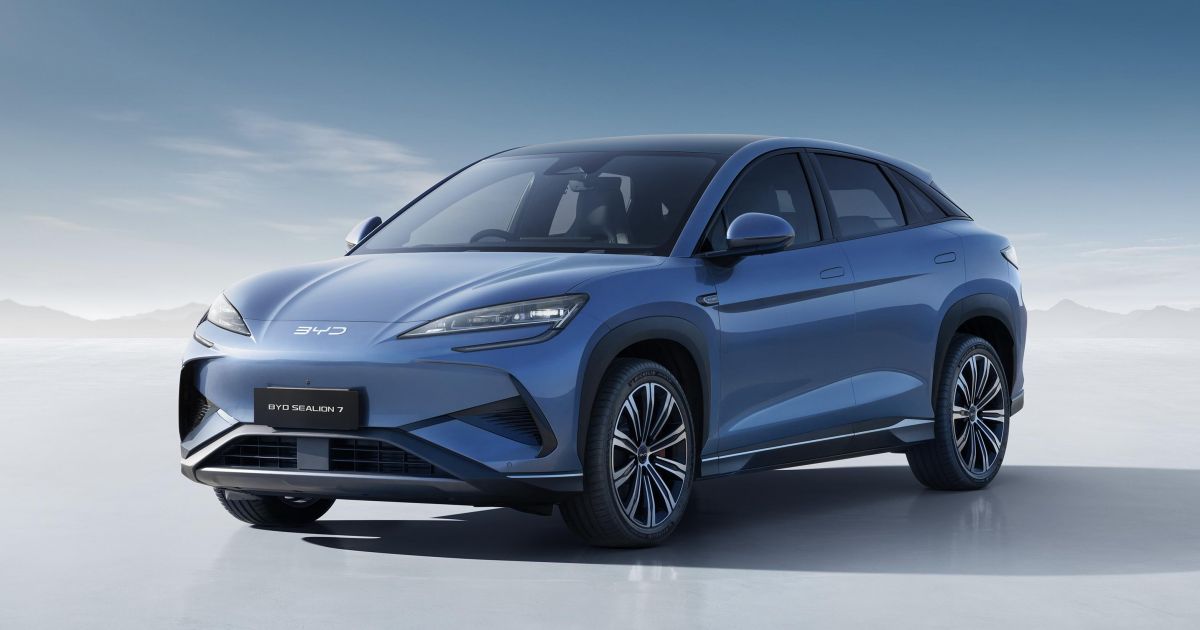Electric vehicle (EV) sales have gotten off to a rocky start this year, with market-leader Tesla’s disappointing performance dragging volumes down.
A total of 17,937 EVs were delivered in Australia during the first quarter of 2025, down 29.6 per cent on the same period last year.
Tesla deliveries alone were down 59.6 per cent compared with the first quarter of 2024, and it remains to be seen whether this decline can be arrested by the launch of the updated Model Y.
Hundreds of new car deals are available through CarExpert right now. Get the experts on your side and score a great deal. Browse now.
MG narrowly beat fellow Chinese carmaker BYD for second place, with the launch of the Sealion 7 failing to offset double-digit drops for the Dolphin, Atto 3 and Seal.
BYD’s EV deliveries slumped 58.8 per cent on the same period last year, though the brand’s deliveries overall were up 95.6 per cent thanks to the arrival of plug-in hybrids.
The launch of the EV5 propelled Kia up the EV sales charts to fourth spot overall. Its deliveries were up 71 per cent on the same period last year.
BMW is also enjoying continued success with its range of electric offerings, shifting almost 600 more EVs than arch-rival Mercedes-Benz.
Despite the drop, the Model Y was still Australia’s best-selling EV with the Model 3 in second place.
The MG 4 was the third-best selling EV, a feat it also accomplished for calendar year 2024.
The top five was rounded out by a pair of newcomers, the Kia EV5 and BYD Sealion 7.
Of note, eight of the 10 best-selling EVs in the first quarter of 2025 were Chinese-made vehicles.
We’ve also used VFACTS data to calculate how much of a nameplate’s sales were attributable to EVs.
| Model | Total sales | Total EV sales | Percentage of EV sales |
|---|---|---|---|
| BMW i4 | 319 | 309 | 96.90% |
| Leapmotor C10 | 138 | 125 | 90.6% |
| BMW i5 | 263 | 195 | 74.10% |
| BMW iX2 | 506 | 320 | 63.20% |
| BMW i7 | 17 | 7 | 41.20% |
| Mercedes-Benz eVito Tourer | 22 | 9 | 40.90% |
| BMW iX1 | 1089 | 416 | 38.20% |
| Fiat/Abarth 500e | 118 | 42 | 35.60% |
| Mini Countryman | 553 | 192 | 34.7% |
| Peugeot E-Partner | 110 | 33 | 30% |
| Porsche Macan | 758 | 208 | 27.4% |
| Mini Cooper | 634 | 153 | 24.1% |
| Volvo XC40 | 636 | 149 | 23.4% |
| Mercedes-Benz eVito | 108 | 21 | 19.40% |
| Kia Niro | 229 | 42 | 18.3% |
| Peugeot E-308 | 33 | 6 | 18.2% |
| BMW iX3 | 832 | 138 | 16.60% |
| Renault Kangoo | 65 | 10 | 15.4% |
| Mercedes-Benz G-Class | 97 | 12 | 12.4% |
| MG ZS | 4952 | 596 | 12.0% |
| Chery Omoda E5 | 1354 | 153 | 11.30% |
| LDV eDeliver7 | 275 | 23 | 8.40% |
| Genesis G80 | 13 | 1 | 7.7% |
| Peugeot E-Expert | 79 | 5 | 6.30% |
| Lexus UX | 252 | 14 | 5.5% |
| Ford Transit Heavy | 419 | 20 | 4.8% |
| LDV MIFA 9 | 68 | 3 | 4.4% |
| Hyundai Kona | 5201 | 207 | 4.0% |
| Ford Transit Custom | 755 | 8 | 1.0% |
| Genesis GV70 | 234 | 2 | 0.8% |
| LDV eDeliver 9 | 577 | 4 | 0.7% |
| LDV eT60 | 1254 | 7 | 0.60% |
| Renault Trafic | 204 | 1 | 0.5% |
| Mercedes-Benz Sprinter | 885 | 4 | 0.4% |
Notably, there are still some brands that don’t report their delivery figures to either the Federal Chamber of Automotive Industries (FCAI) or the Electric Vehicle Council.
These include Cadillac, Deepal, and Xpeng.



